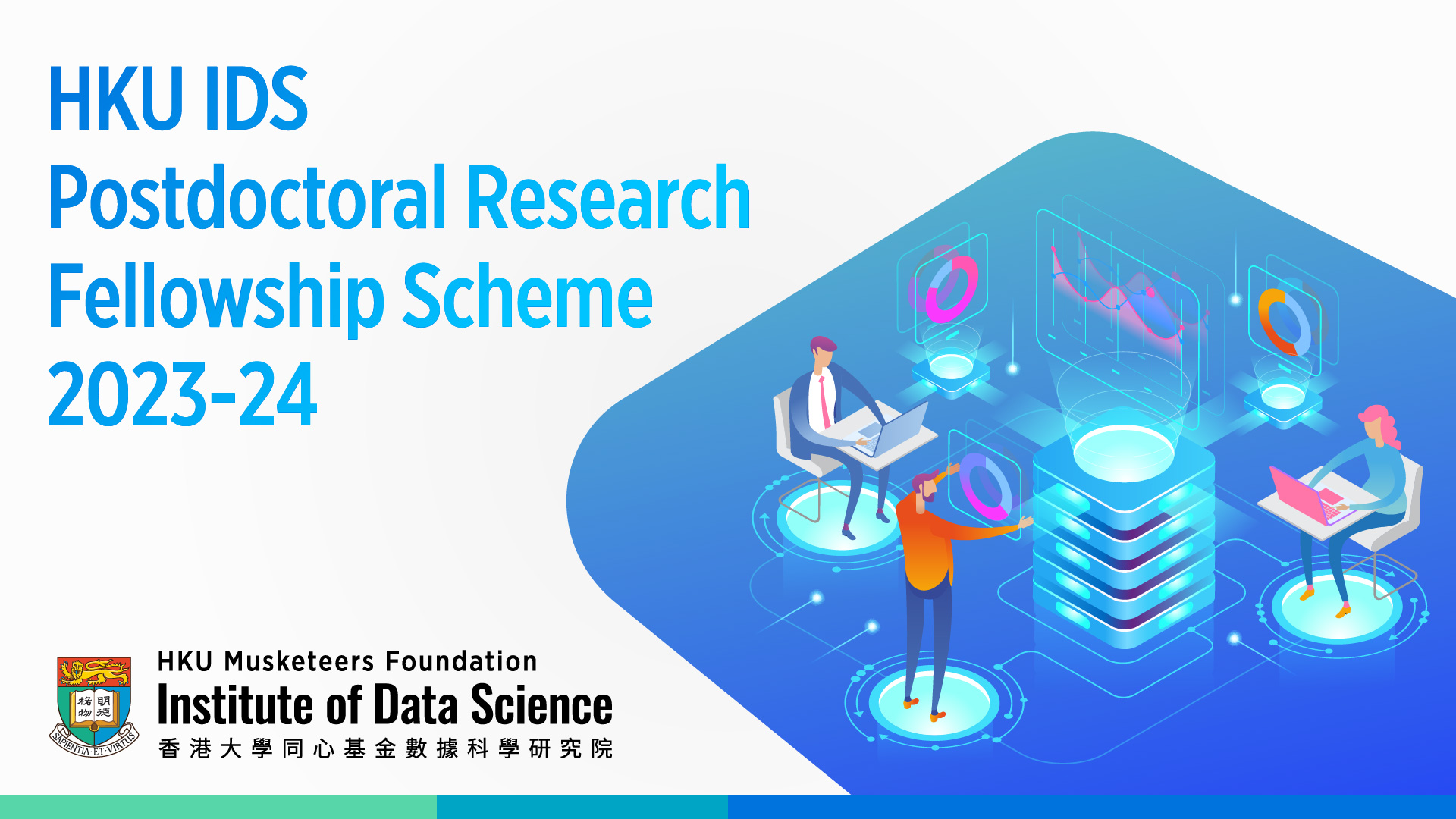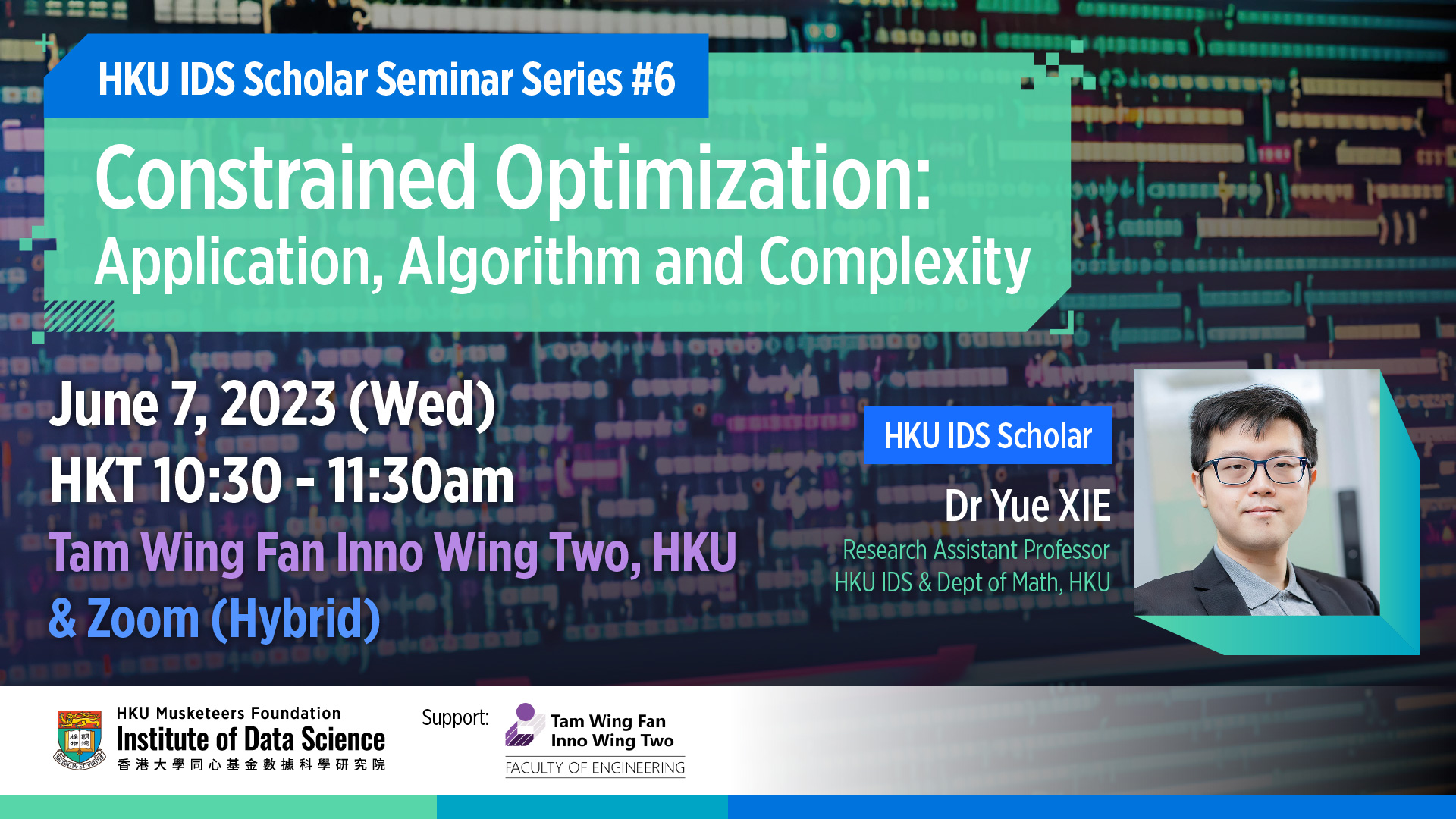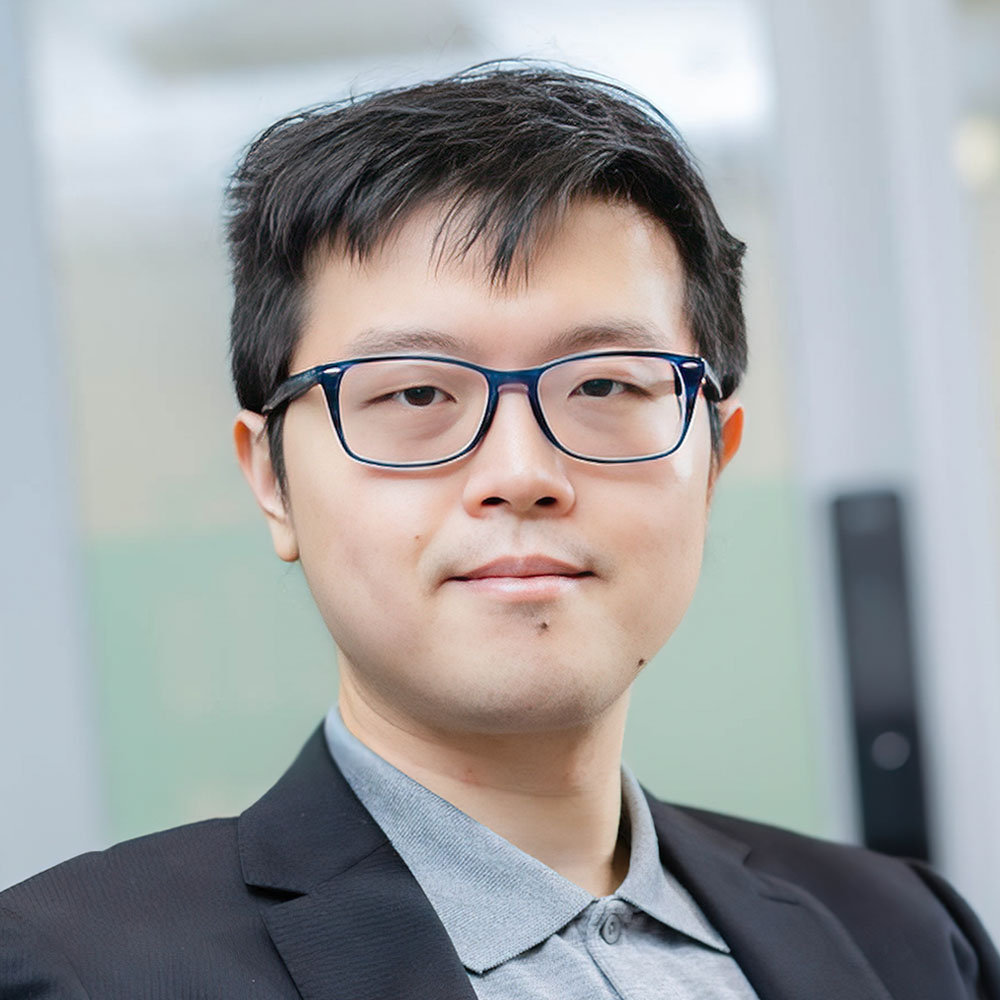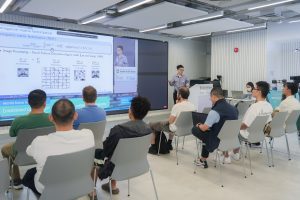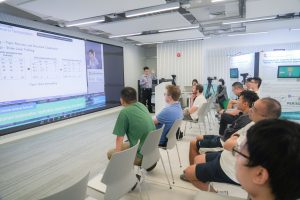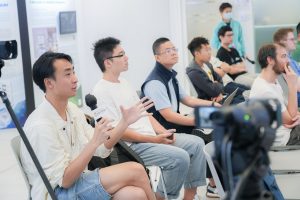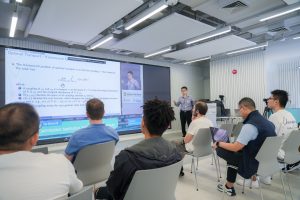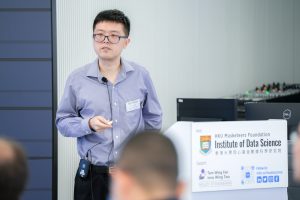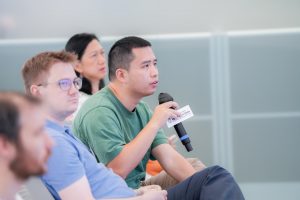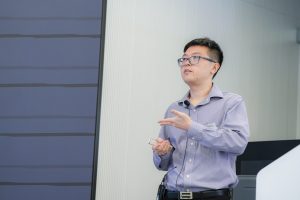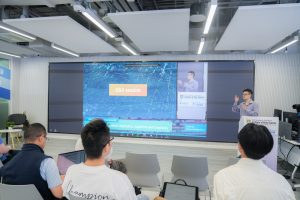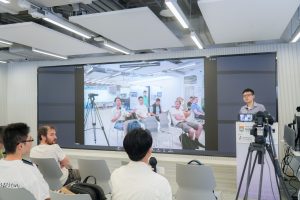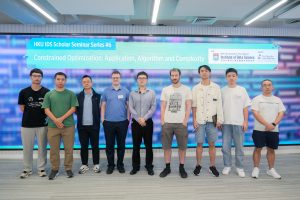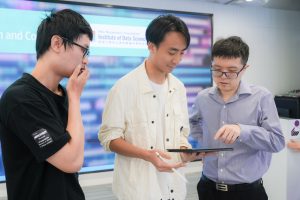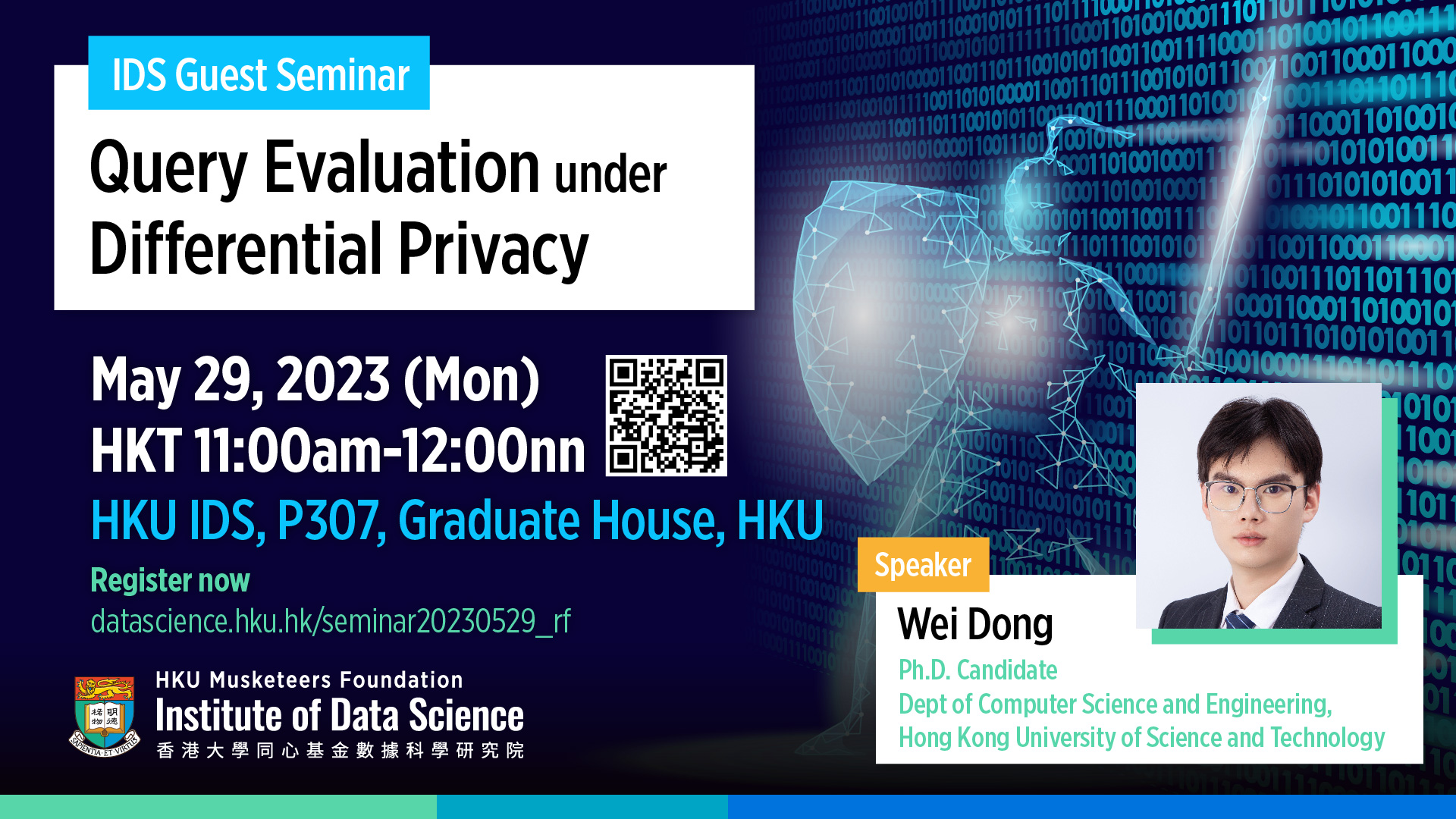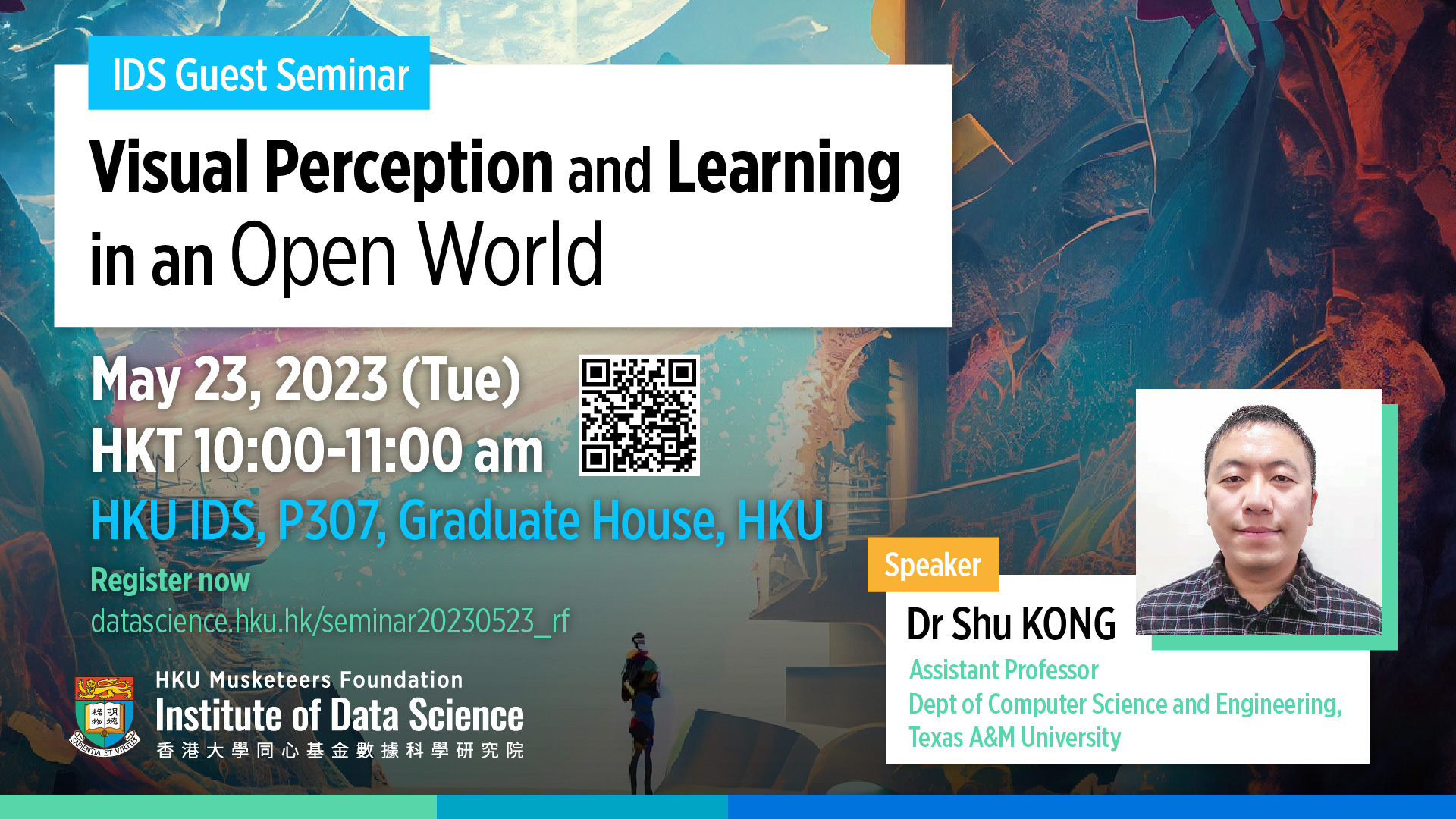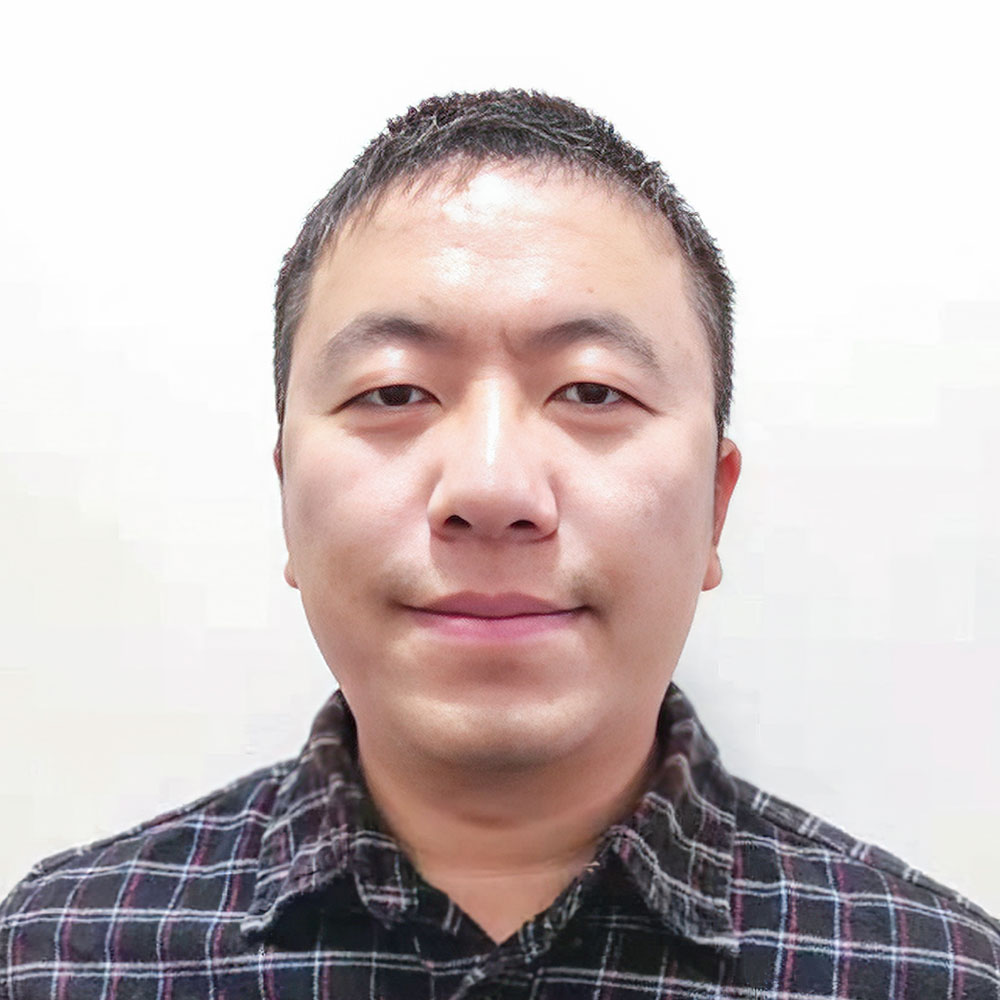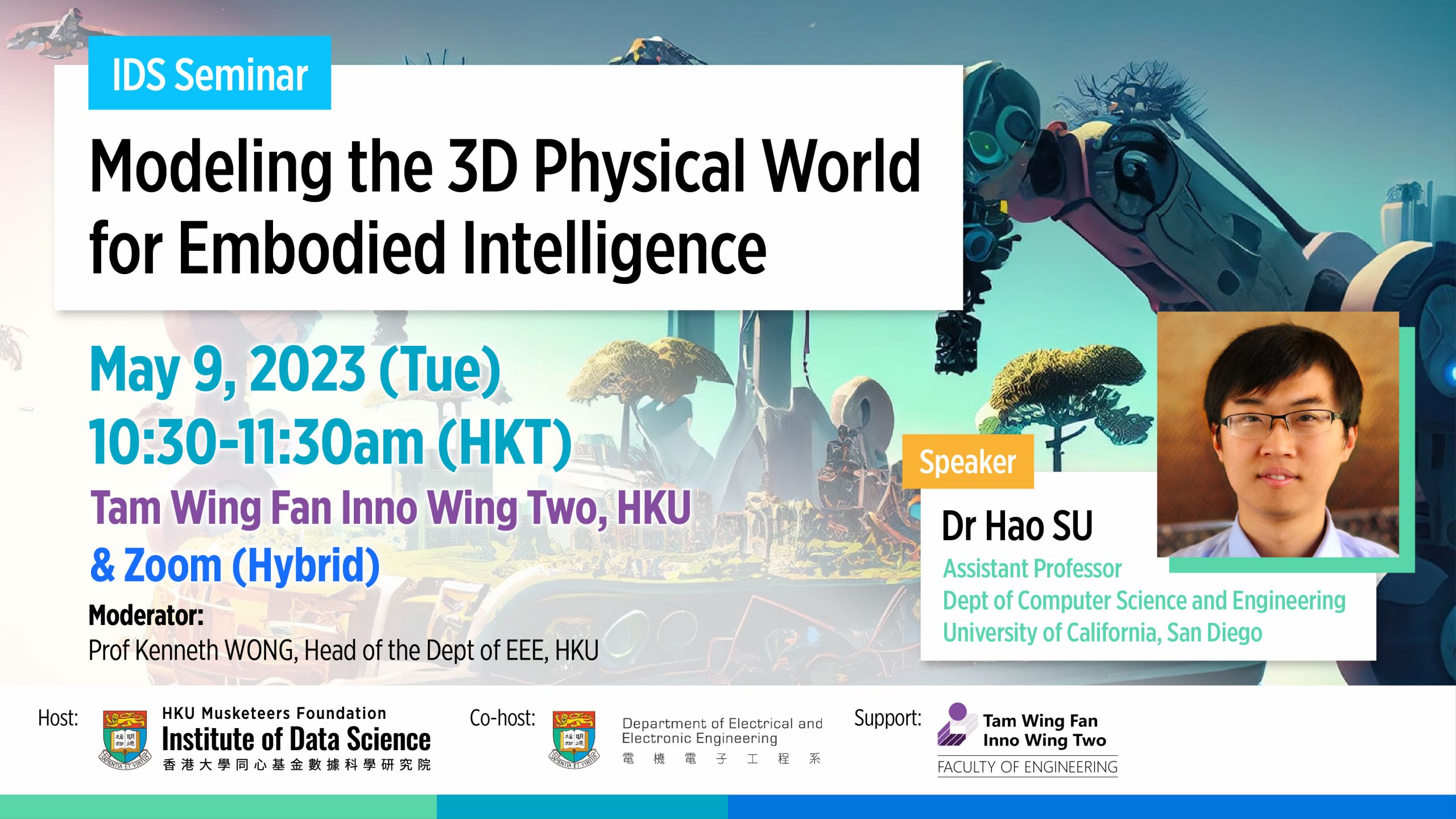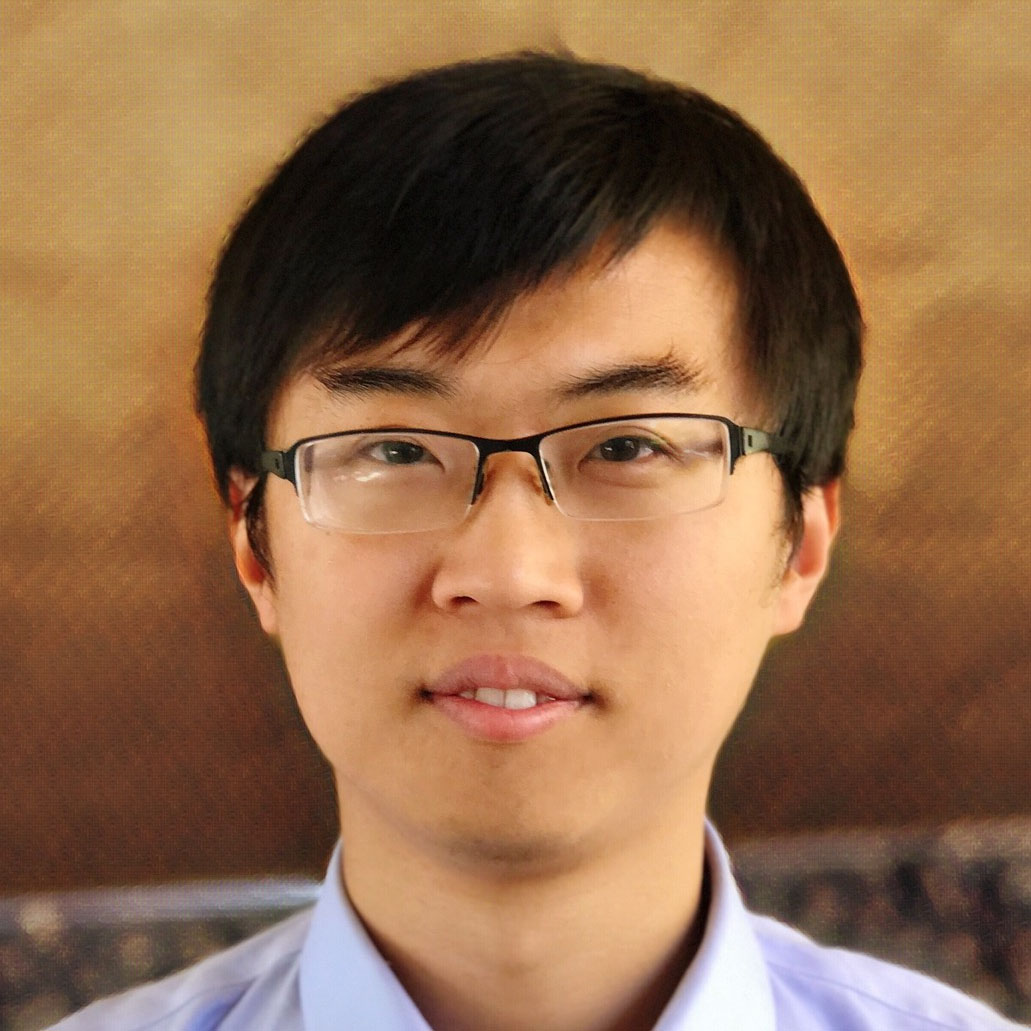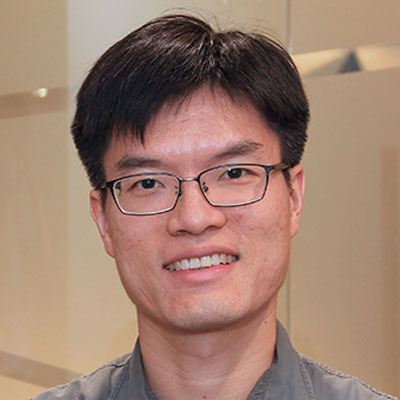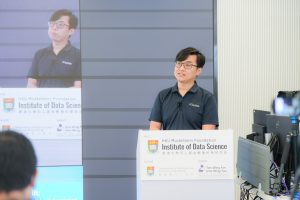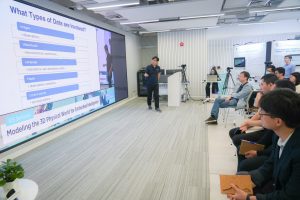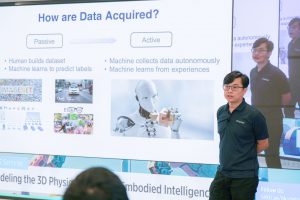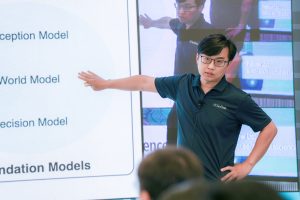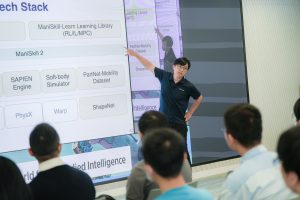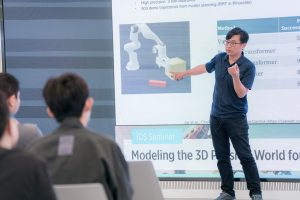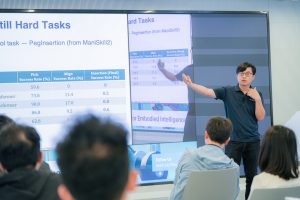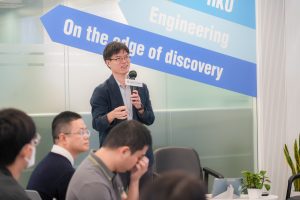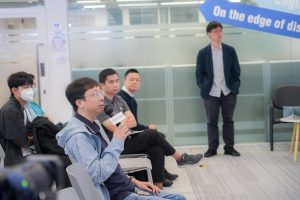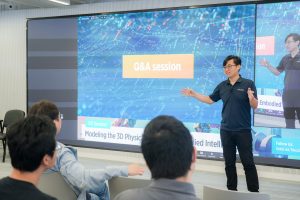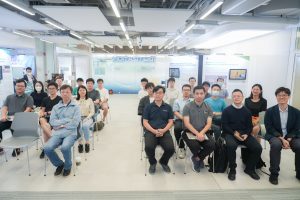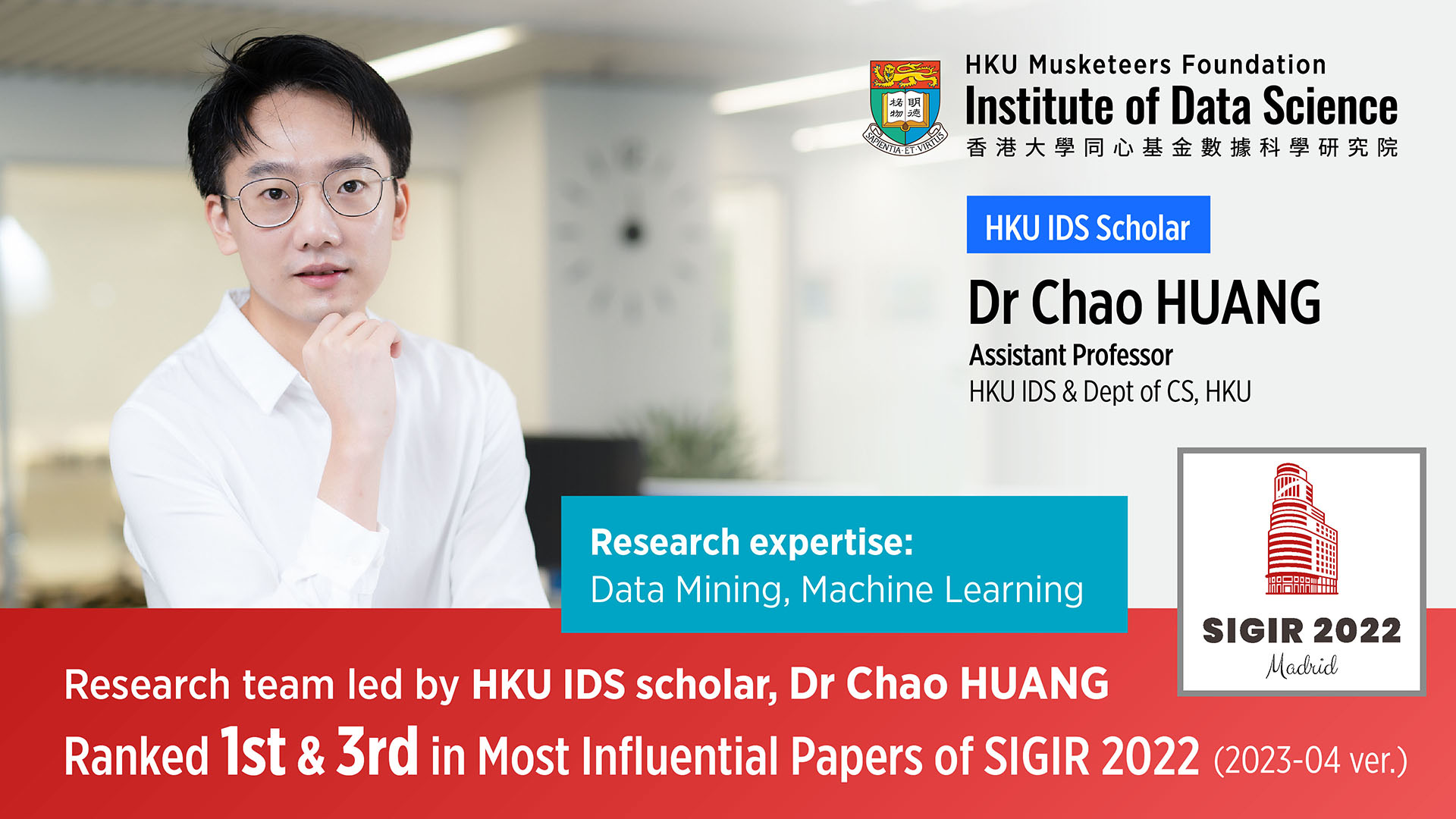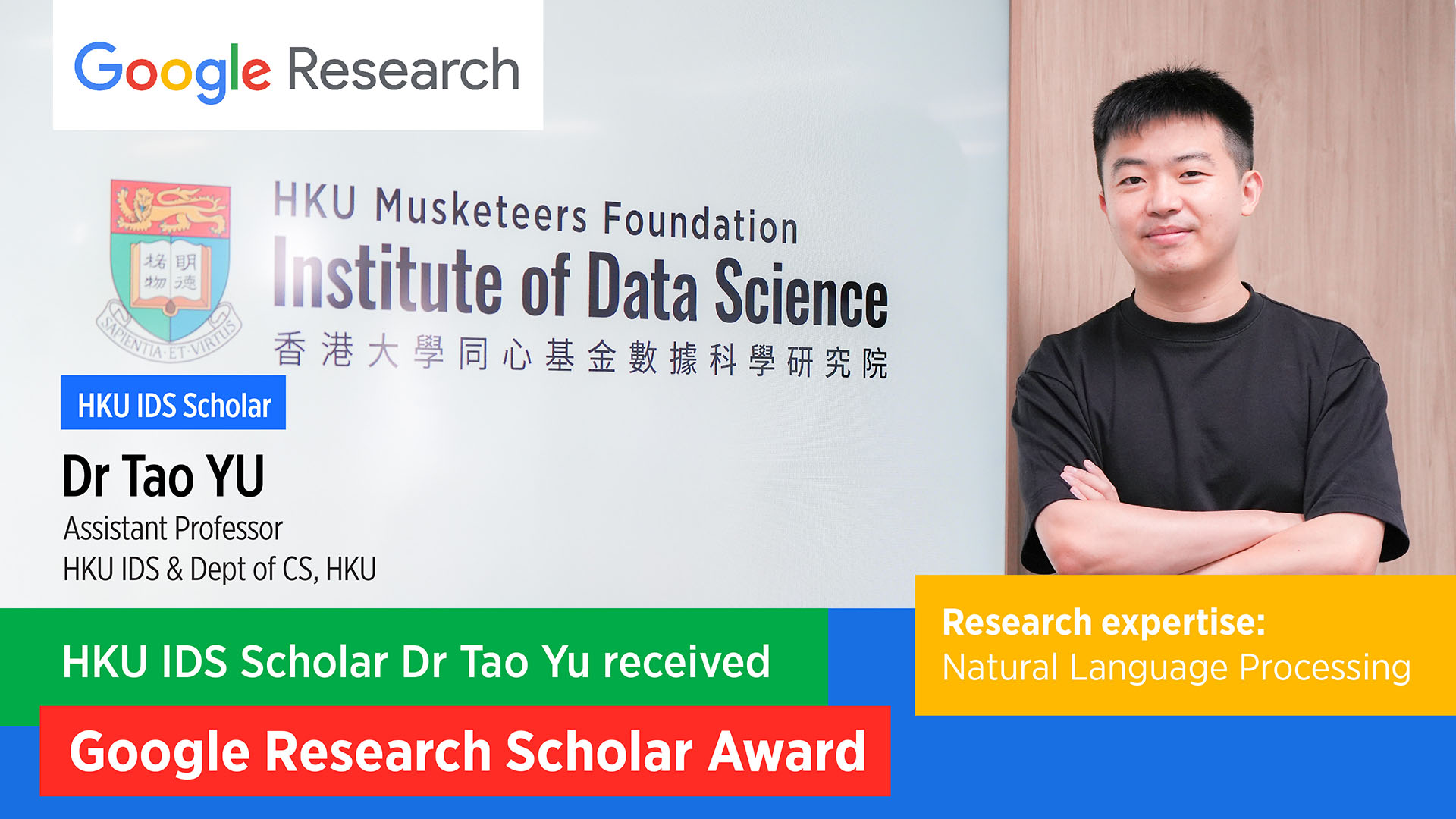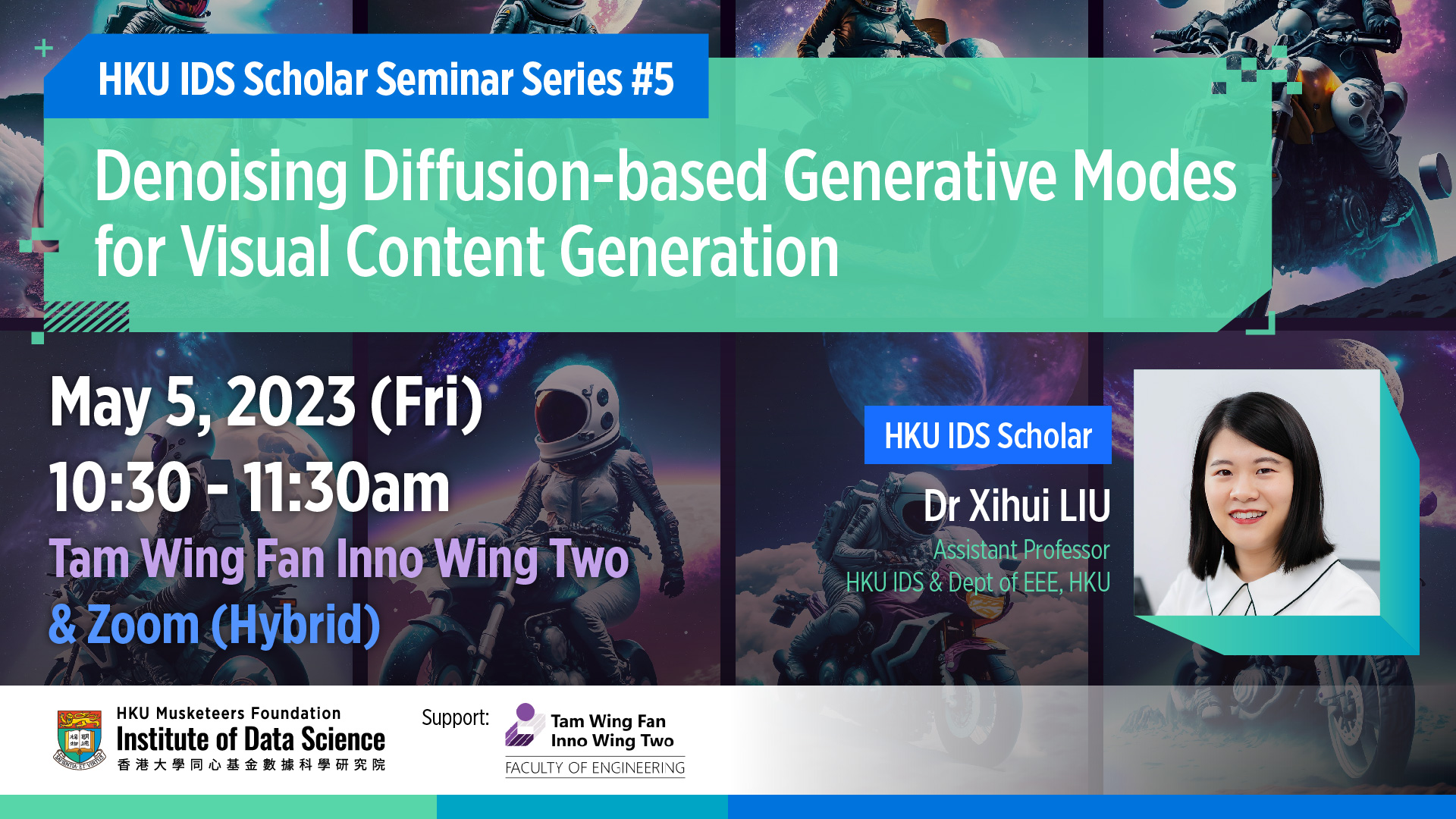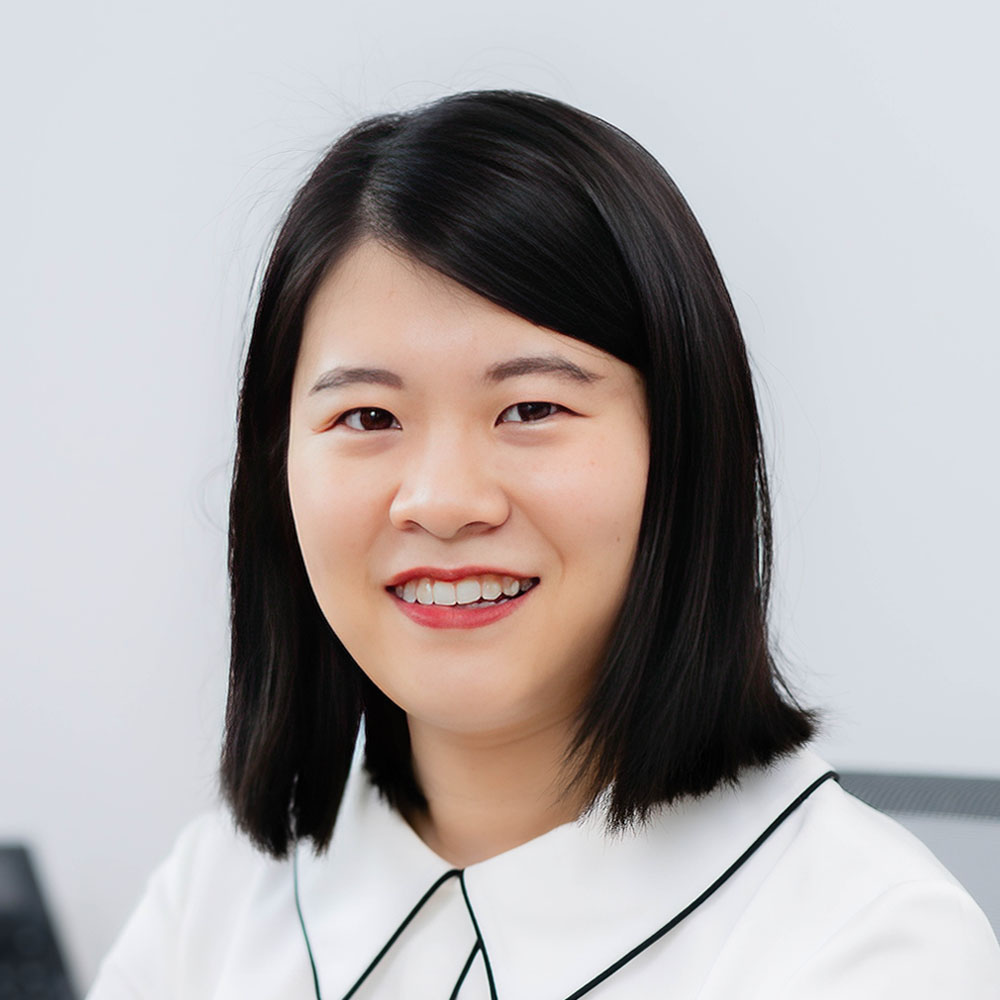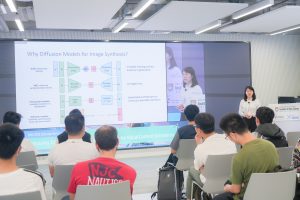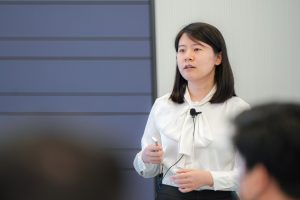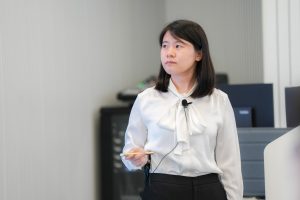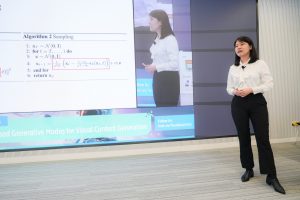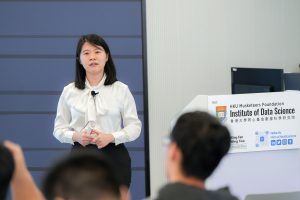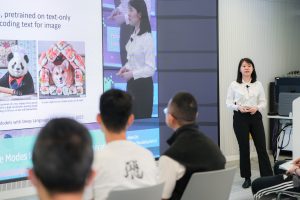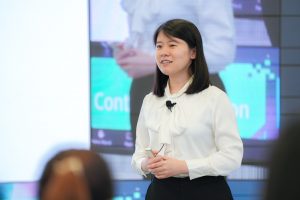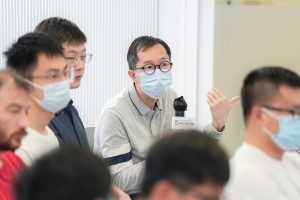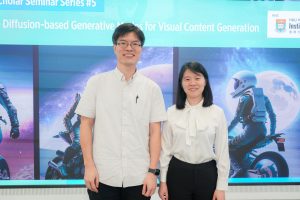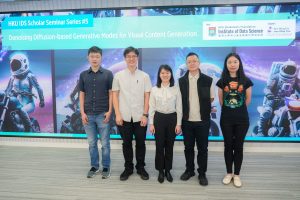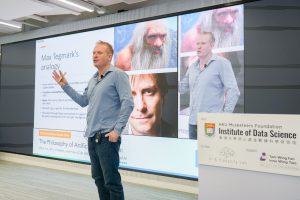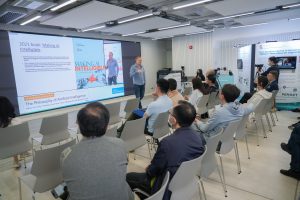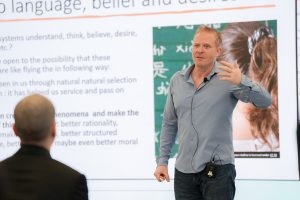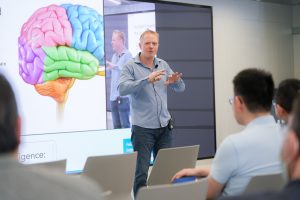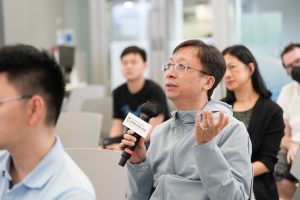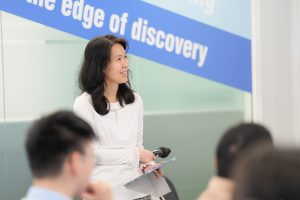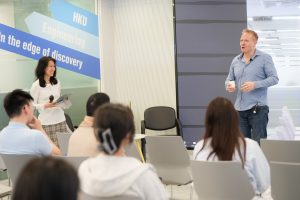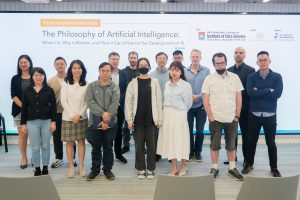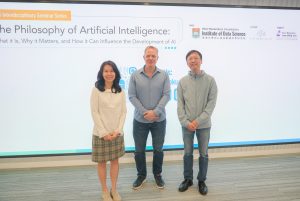Accounting Executive (at the rank of Clerk II)
Position
Applications are invited for the appointment as Accounting Executive (at the rank of Clerk II)
in the HKU Musketeers Foundation Institute of Data Science (HKU IDS) (Job Ref.: 522723), (to commence as soon as possible, on a two-year fixed-term basis with contract-end gratuity and University contribution to a retirement benefits scheme, totalling up to 10% of basic salary, with the possibility of renewal subject to satisfactory performance).
Applicants should possess a Higher Diploma, OR 5 passes in HKCEE including English (min. Grade C if Syllabus A/Level 2 from 2007), Chinese (Level 2 from 2007) and Mathematics, OR have obtained a minimum of Level 2 or equivalent in 5 subjects in HKDSEE including English Language, Chinese Language and Mathematics, with at least 3 years’ accounting experience, preferably in tertiary institutions or in the education sector and/or auditing. They should have a good command of written and spoken English and Chinese, good interpersonal, communication and organisational skills, computer literacy, and ability to multitask under pressure and work independently as well as in a team. They should also be detail-oriented and self-motivated with a strong sense of responsibility. Those with strong knowledge of PC and software applications such as MS Word, Excel and PowerPoint, as well as experience with Oracle Financials, are highly preferred.
The appointee will assist in financial and administrative matters of the Institute, including budgetary control, payments and receipts processing, preparation of accounting statements, staff reimbursement and outside practice, maintenance of database for finance records, and office inventory. He/She will also provide clerical support for tasks as assigned by supervisor.
Shortlisted candidates will be invited to attend a written test and an interview.
A highly competitive salary commensurate with qualifications and experience will be offered, in addition to annual leave and medical benefits.
Application
The University only accepts online application for the above post. Applicants should apply online and upload an up-to-date C.V. Review of applications will commence as soon as possible and continue until September 30, 2023, or until the post is filled, whichever is earlier.
Apply Now
